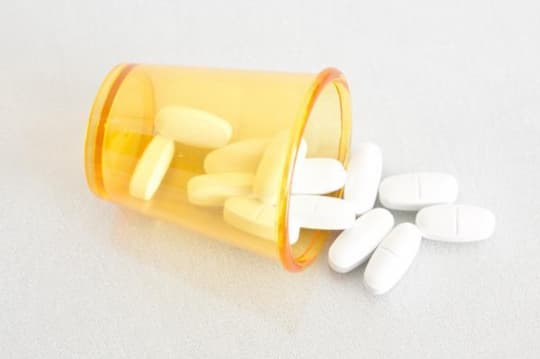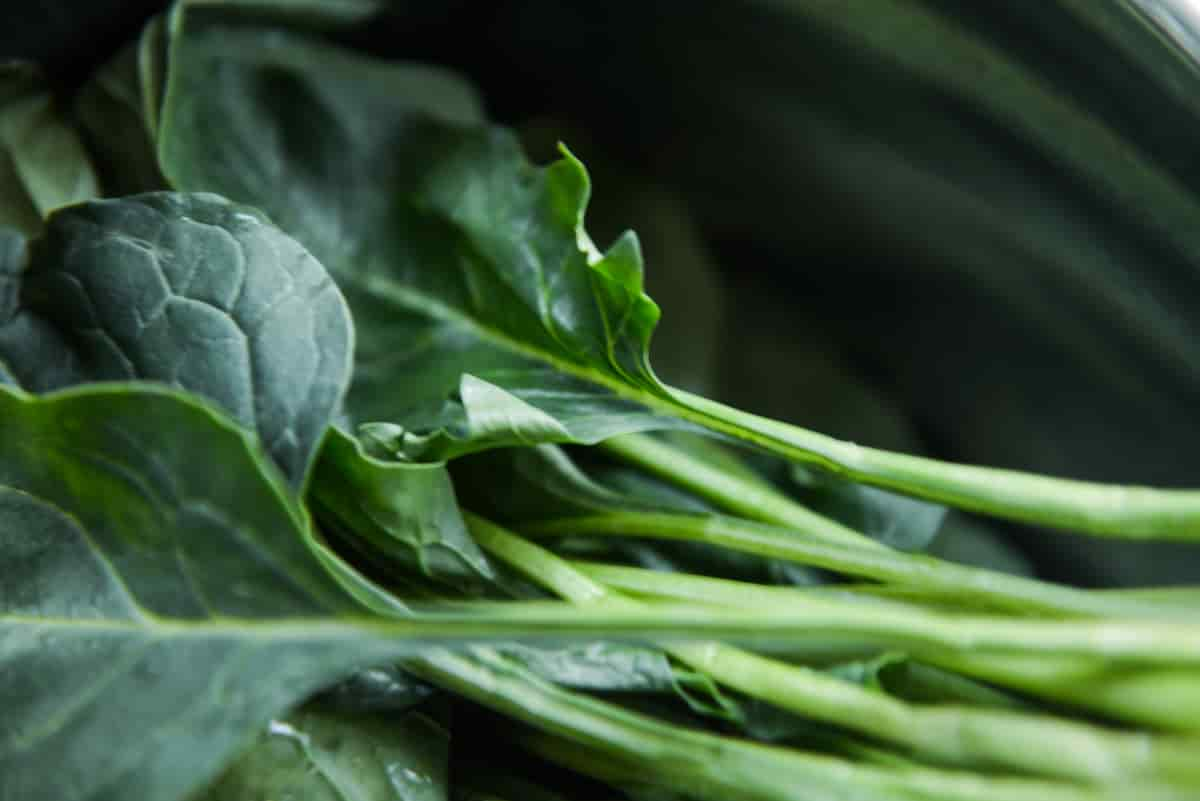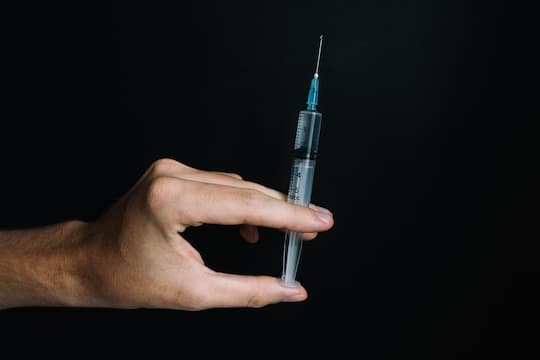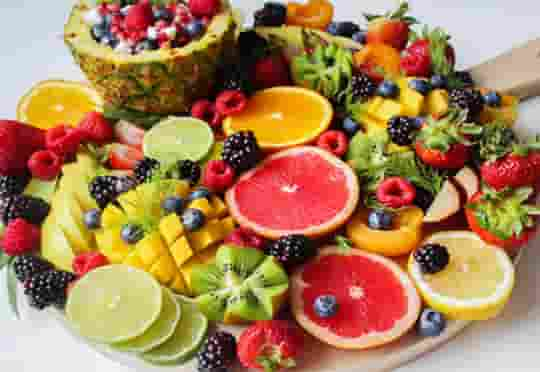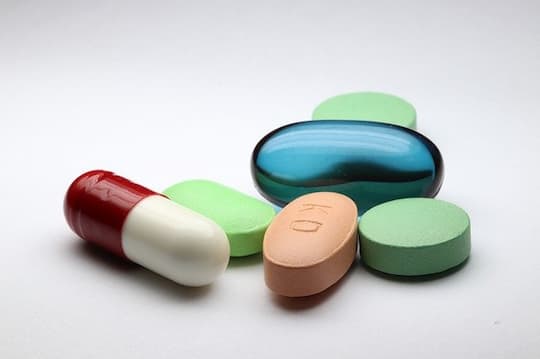These popular vitamin supplements can increase the risk of developing lung cancer almost four times.
Taking high doses of B vitamins for a long period of time can increase the odds of developing lung cancer by 200 or even 300 percent.
B vitamins are one of the most popular dietary supplements sold over-the-counter.
B6 and B12 vitamins are essential nutrients which play important roles in lowering stress and anxiety, energy production, and cognitive function.
However, a study found that high intake of B6 was associated with a tripling and B12 with a four-fold increased risk of lung cancer in men (especially smokers).
The tripling and four times increased risk was found in male smokers consuming 20 milligrams of B6 or 55 micrograms of B12 every day over 10 years.
The common assumption is that B6 and b12 supplements help lower the risk of cancer so a research team assessed the impact of high B6 and B12 intake over a long period on lung cancer.
They analysed data from 77,118 patients in the Vitamins and Lifestyle (VITAL) study, research designed to look at effects of supplements on cancer.
The study adjusted for a number of influencing factors such as age, education, smoking, race, drugs, alcohol consumption, body weight, and family history of cancer.
Dr Theodore Brasky, the study’s first author, said:
“This sets all of these other influencing factors as equal, so we are left with a less confounded effect of long-term B6 and B12 super-supplementation.
Our data shows that taking high doses of B6 and B12 over a very long period of time could contribute to lung cancer incidence rates in male smokers.
This is certainly a concern worthy of further evaluation.”
The doses are way above the recommended daily intake of vitamins and minerals.
Dr Brasky noted:
“These are doses that can only be obtained from taking high-dose B vitamin supplements, and these supplements are many times the U.S. Recommended Dietary Allowance.”
The study was published in the Journal of Clinical Oncology (Brasky et al., 2017).
